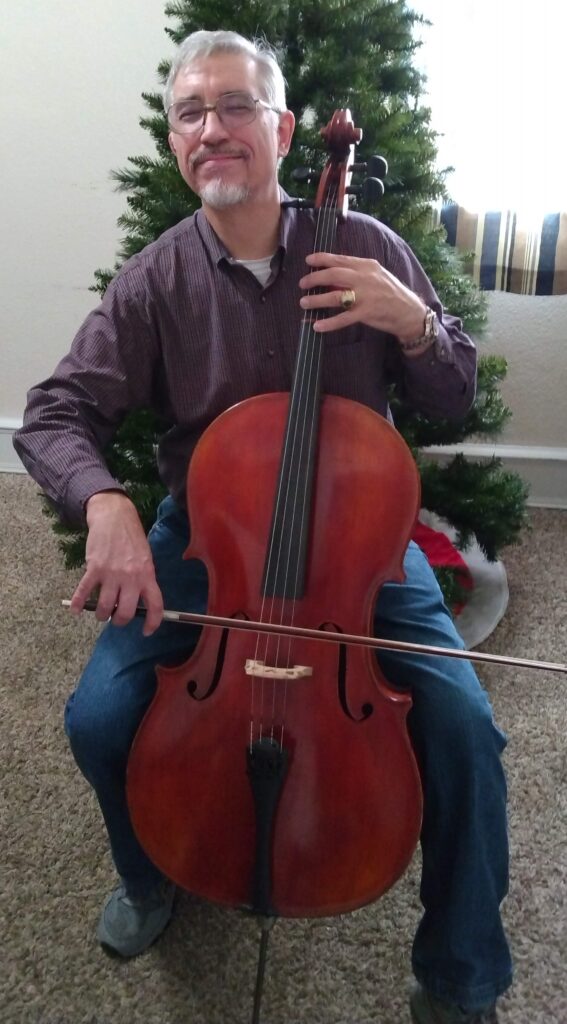We know practice can help us improve our abilities in various areas. Yet many people believe they can sit down and write a blockbuster novel without any writing practice. Maybe you’re the rare exception who can, but most of us need practice.
Not just any kind of practice. Good practice helps. Bad practice not only wastes your time, but it also hurts by ingraining poor habits. This wonderful blog post by Barbara Baig inspired the one you’re reading now. She calls the two types naïve practice and deliberate practice, so I’ll stick with her terms.
When young, I played the cello. I don’t play anymore, but I enjoyed it while I did. Early on, before I learned how to practice, it felt like drudgery. My mom said, “Someday, when you play in Carnegie Hall, remember to tell the audience that you owe everything to your mother, who made you practice.” Sorry, Mom, that opportunity never arose.
Practice, in those early years, consisted of my playing a piece from start to finish. Once I did that to my satisfaction—a rather low bar—I moved on to the next piece. In Ms. Baig’s blogpost, that’s called naïve practice. Over time, I discovered an interesting thing. Whether in practice or performance, I played some passages well, without effort, consistently. However, I stumbled in other spots—the same spots, and the same sort of stumbling, every time.
I tried practicing a different way. I focused only on the rough spots, playing them over and over, then backing up and leading into them, then continuing on after them to ensure transitions both ways went smoothly. In this way, I developed ‘finger memory.’ My fingers knew how to play the difficult passages with less conscious thought on my part.
My skill as a cellist improved after that. I’d learned the secret of deliberate practice, and nearly all my practice time served to better my playing, rather than to reinforce poor playing.
What does this have to do with writing? Everything. You may be getting plenty of writing practice—story after story, novel after novel. But perhaps you’re not reaching a large audience, not achieving hoped-for sales.
Perhaps you’re putting in naïve practice, doing the same thing over and over and expecting to get better that way. Improvement might happen, but there’s a quicker path.
Use the deliberate practice technique I mentioned above. First, identify the stumbling points in your writing, perhaps from a critique group, or a trusted beta reader. You might also learn something from online reviews of your stories.
Knowing your weak points, assign yourself some brief writing exercises designed to work on those particular problems. Here’s a list of examples:
- Weak in characterization? Flesh out a character in extreme detail.
- Weak in setting description? Visualize a setting in minute detail, then pick three facts that really make the setting vivid.
- Weak in working out plots? Outline the plot of your favorite story, or one you just read. What do you like about that story’s plot? In a similar way, outline the plot of several stories you’d like to write.
- Weak in use of the senses? Take a scene from your Work in Progress (WIP) and put all five senses into it.
- Weak in comparisons? Find three to five things in your WIP that are hard to describe or visualize. For each one, brainstorm twenty similes or metaphors you could use to make it clear to the reader.
They say practice makes perfect. You may never achieve perfection, but getting closer to that ideal may prove good enough. Deliberate practice may get you writing, and playing the cello, better than—
Poseidon’s Scribe

